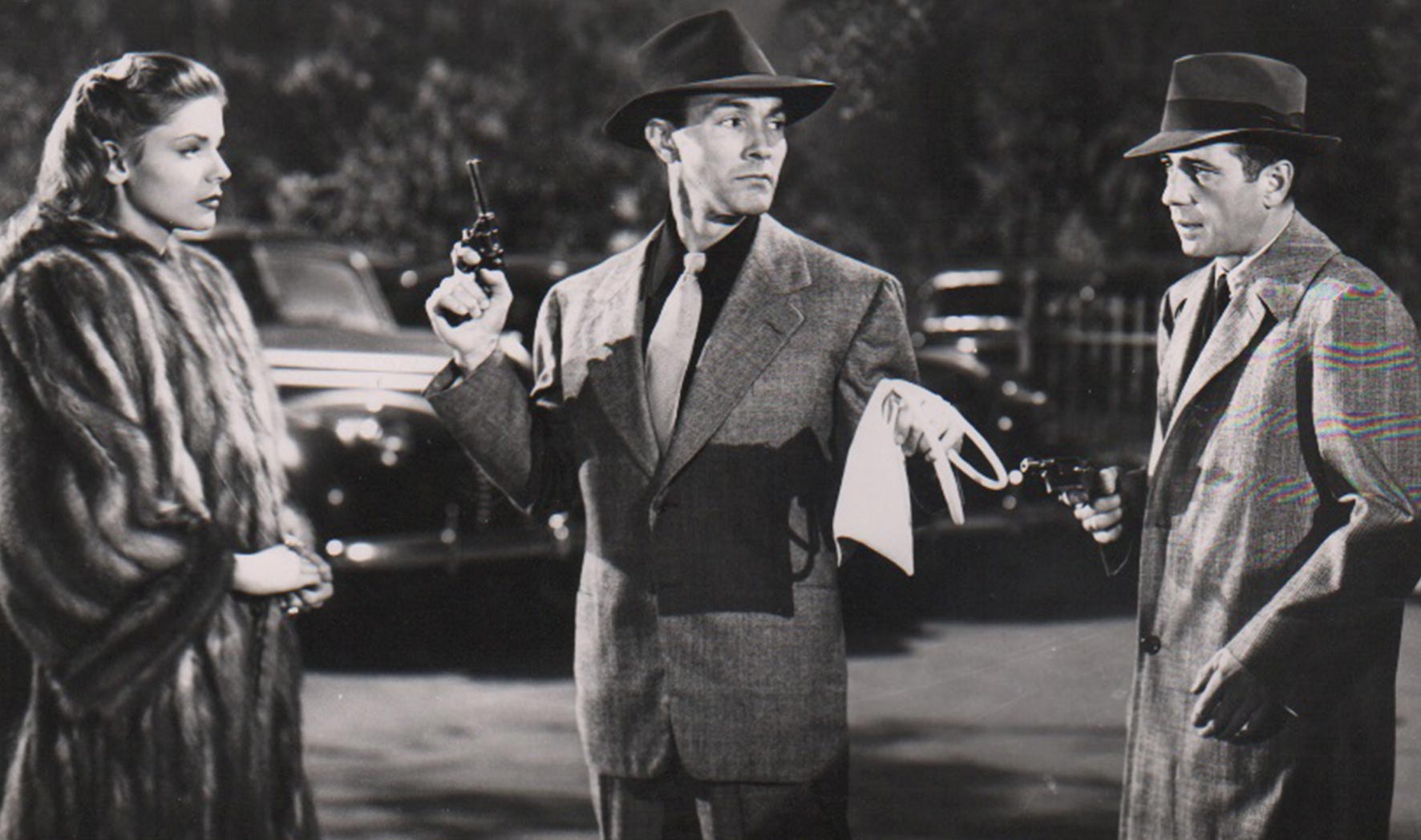How does the film stack up to the novel?
The other day I was watching the classic TV show “24” in which Kiefer Sutherland raced against time to prevent the outbreak of a pandemic called (checks notes) the “Cordilla Virus”; well, good thing it’s only fiction. I’m not certain whether that plot aged like Kemps or Pinot Noir. Speaking of Noir, let’s look into that genre of crime fiction determined by cynicism and moral ambiguity. Raymond Chandler’s 1939 novel, “The Big Sleep” delivers on all fronts.
The book
Private Detective Philip Marlowe is employed by the decrepit and slowly-dying General Sternwood to investigate a suspected blackmailer. The plot thickens when Marlowe’s investigation brings him to a hidden room with one of Sternwood’s daughters drugged and in her birthday suit with a dead man at her feet (wholesome material I read, wholesome). Marlowe is then dragged into a dark web of moral degradation, blackmail, scandal and murder. (AKA, Spectrum’s opinion section in a nutshell).
The cynical narration of its unheroic protagonist is impeccable with statements sounding silly out of context but intellectual within. Personal predilections include, “It’s so hard for women… to find out their bodies are not irresistible,” and my personal favorite, “You can have a hangover from other things than alcohol. I had one from women. Women made me sick.” Believe me, I could go on.
The story is convoluted. That’s not exactly a bad thing in this case, as it invites you to reread it, which I gladly do. I was so confused with the murder subplot I had to Google: “Who killed Geiger in ‘The Big Sleep’?” It was much consolation to find out the cast and crew of the 1946 film also were confused on that issue.
This is a product of its time with timeless messages throughout; In a selfish society, innocents and moralists suffer only to be acknowledged/mourned by nobody. This is a cautionary tale of life itself; the tragedy of the hero being an unknown one, as Marlowe surmises at the end, “You just slept the big sleep, not caring about the nastiness of how you died or where you fell. Me, I was part of the nastiness now.”
Review: 4.5/5
The film
The film was written by fellow novelist William Faulkner and pre-“Empire Strikes Back” screenwriter Leigh Brackett. Their adaption of this story brings about a true classic. The film changes side character Eddie Mars into the main antagonist, (who is super-polite, asking for Marlowe’s permission to hold him at gunpoint before doing so), as well as making a romantic subplot involving Marlowe star Humphrey Bogart with the older Sternwood daughter Vivian, played by Bogart’s wife Lauren Bacall. The climax is completely different, making the film’s Marlowe become a savage avenger instead of just solving the case.
One scene that stood out to me was the beginning in which Marlowe meets with the general who is too sick to drink, but animalistically relishes watching Marlowe do so (In the book it went further, with Sternwood gifting Marlowe with a cigar so he could gather the second-hand smoke in his mouth and taste it). “You’re looking at the dull survival of a very gaudy life,” the dying General tells Marlowe, something which perturbs the detective who has no idea he will experience this same torment via a different path.
“I’m scared,” Marlowe tells Vivian later, horrified at the violence he is about to commit, “All this has been ahead of me from the start”. In Noir, the main distinction between the hero and the villain is that the villain is (more) inhuman. “The Big Sleep” film has been debated over its Noir aesthetic, due to lack of moody atmosphere, nightmarish imagery and negative outcomes. However, the underlying themes of Marlowe suffering the foreclosure of his personal morals and shocking acts of violence near the end (something his book counterpart would avoid) more than suffice for its inclusion as a classy, elegant piece of cinema.
Review: 5/5
Literary and cinematic Noir aged like (what else) pinot noir, while our current entertainment will age like Kemps, (2% that is). While Marvel makes canon the “Bully Maguire” memes, DC makes re-reboots of their re-re-reboots (though “The Batman” looks awesome. I’ve waited my whole life to say we have an official “Patman”) and streaming services obsess over sex and satanism, as do TV ads, I eagerly turn to Classic Noir and relish when cinema was storytelling- and gush over it for money.
